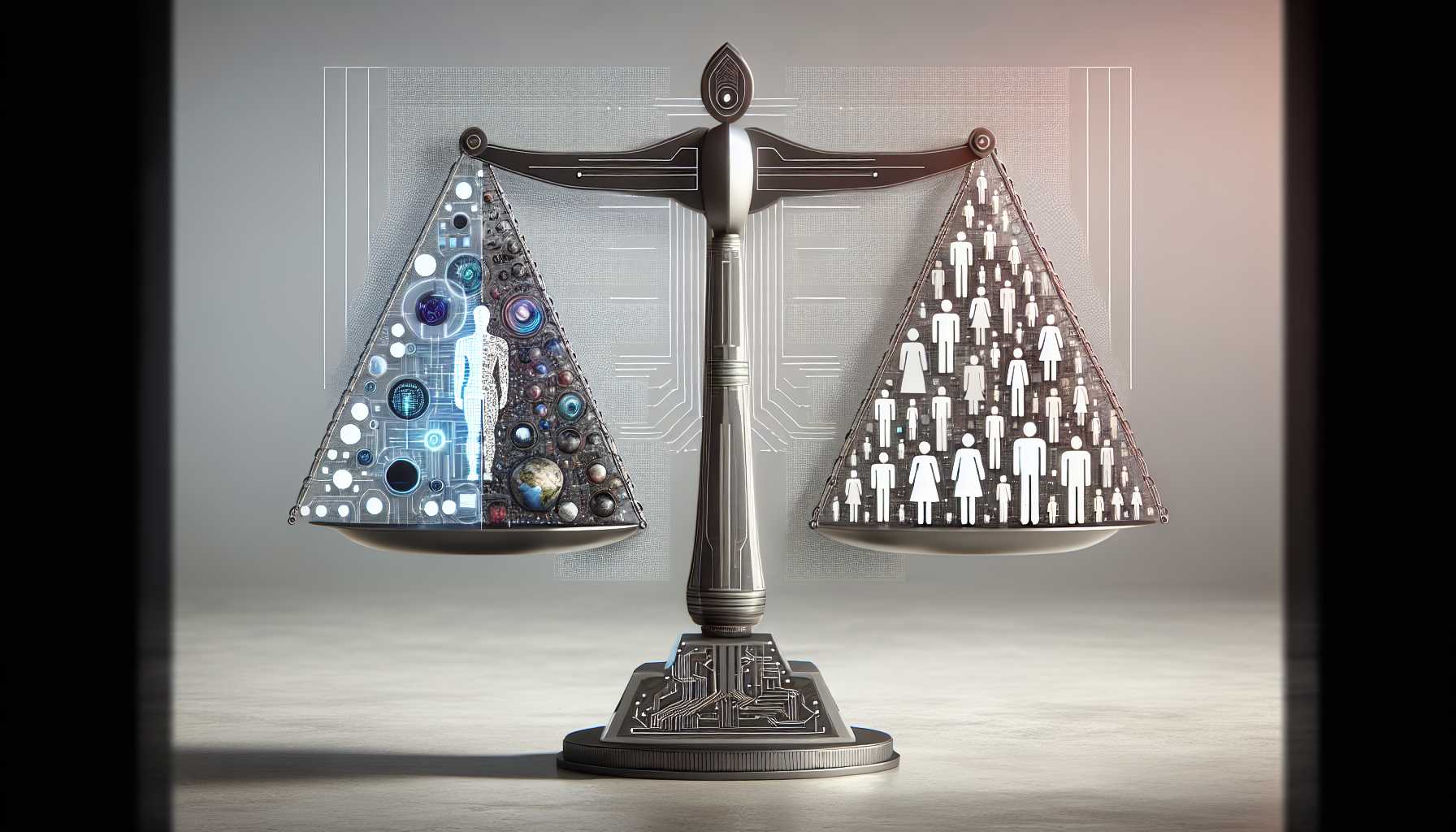Welcome back, seasoned product managers.
In today’s post, we’re going to reflect on a topic that’s becoming increasingly important as technology advances: ethical considerations in artificial intelligence (AI). The products we build are not only defined by their functionality but also by the moral compass we embed within them.
The Ethical AI Framework: Creating Conscientious AI
Establishing a framework for ethical AI is paramount. It requires a multidisciplinary approach that combines technological expertise with insights from social sciences, law, and ethics. Here’s a breakdown of the steps I’ve taken in previous projects:
1. Defining Ethical Principles
Firstly, we created a clear set of ethical principles. Inspired by guidelines such as the Asilomar AI Principles, we crafted tailored principles for our AI, ensuring they aligned with the company’s values and customer expectations.
2. Transparency and Explainability
Transparency in AI processes was our cornerstone. Whether it was the algorithms’ decision-making processes or data usage policies, we ensured explainability was baked into the design.
3. Bias Detection and Mitigation
One of the most eye-opening projects was building an AI for loan approvals. We worked extensively on bias detection and mitigation, scrubbing the training data and regularly auditing algorithms to prevent discriminatory practices.
4. Responsible Data Use
AI ethics goes hand-in-hand with data ethics. We implemented strict data governance policies to ensure that every piece of data was used responsibly and with consent.
5. Stakeholder Engagement
We involved stakeholders through every step, from diverse team members to legal advisors. This collaboration ensured we had multiple perspectives considered in our ethical AI framework.
When AI Ethics Hits the Road
Pure technical prowess is not enough to navigate the ethical landscape of AI-driven products. Real-world applications provide the litmus test for these principles.
Case Study: The Recruitment AI Conundrum
A memorable challenge in my career was developing an AI tool for recruitment. The potential for efficiency gains was enormous, but so were the ethical implications. My team faced questions like: How do we prevent unconscious biases from creeping into applicant selection? How do we protect the privacy of candidates?
Our approach was meticulous:
Algorithmic Audits
We conducted continuous algorithmic audits to identify and address biases. This revealed hidden skewness in certain data sets that we could correct before rolling out the tool at scale.
Privacy-By-Design
Adopting a privacy-by-design approach ensured that candidate data was treated respectfully and used solely for the intended purposes of hiring without infringing on personal privacy.
Human-in-the-Loop
We established a human-in-the-loop policy which meant major decisions like the final selection of candidates still required human intervention, thus preventing over-reliance on the AI’s recommendations.
Sustaining Ethical AI in the Long Run
Embedding ethics in AI is not a one-time exercise. It’s an ongoing commitment that evolves with the technology and societal norms.
Continuous Education and Training
To stay ahead, we established training programs about AI ethics for our teams, constantly evolving our best practices as the field of AI itself evolves.
Iterative Policy Improvement
Policy frameworks around AI ethics were set up to be iterative, adapting to new learnings, regulatory changes, and stakeholder feedback.
Conclusion: The Ethical Path Forward
At the heart of our journey with AI in product management is the realization that we are not just engineering solutions; we are shaping the future of human interaction with technology. By embedding ethical considerations into our AI products, we take responsibility for that future.
The path is complex, and the responsibility is heavy, but the rewards—ethical, social, and even economic—are immeasurable. Our role as product managers extends beyond creating products that work; it’s about creating products that work for the betterment of society.
Until we meet again on this platform, I encourage you to ponder, discuss, and act on the ethical considerations of your AI-driven products. Together, we can steer the course of technology in a direction that is as morally sound as it is innovative.

